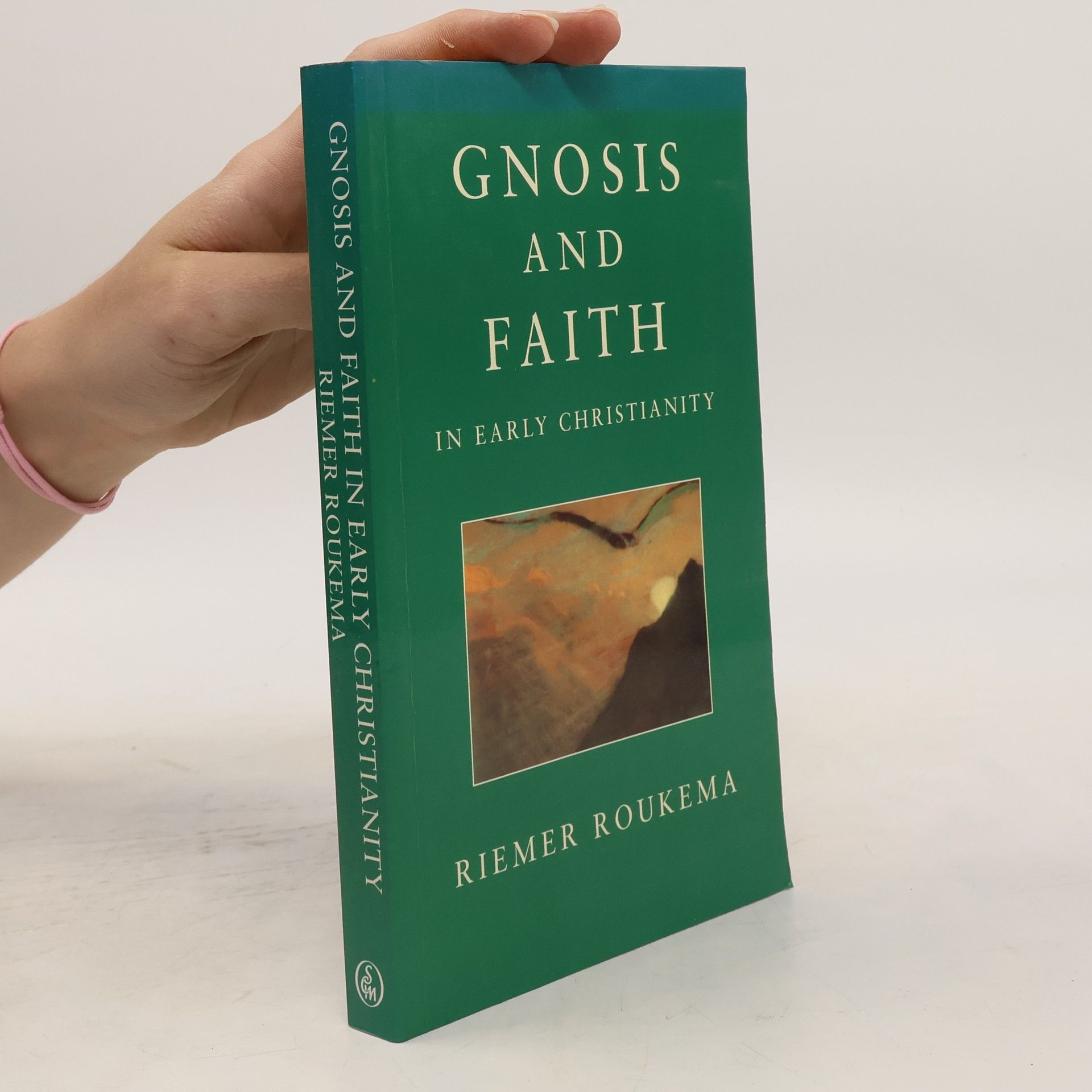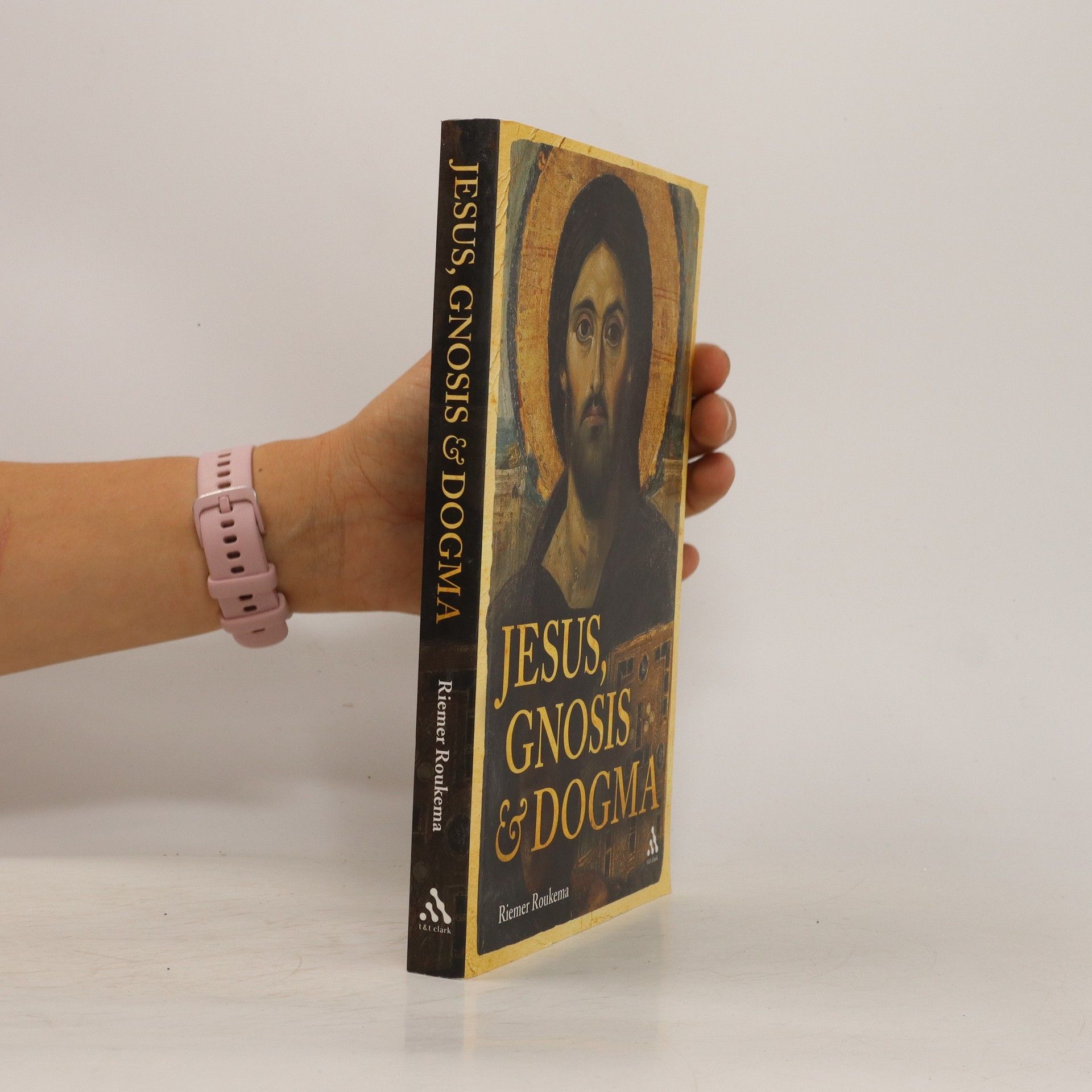Roukema sets out to investigate and assess the various views of Jesus in early Christianity, basing his approach on a distinction between historical and theological statements about Jesus.
Riemer Roukema Libri


This text provides an up-to-date introduction to Gnosticism as it relates to early Christianity. The author tries to make the reader familiar with the themes and ingredients of Gnosticism without going directly into where they come from.' Part 1 provides general orientation. Part 2 explores the religious and philosophical background. Part 3 contains a more detailed discussion of Gnosticism and Gnostics. Part 4 examines the relationship between 'Catholic' Christianity and Gnosticism